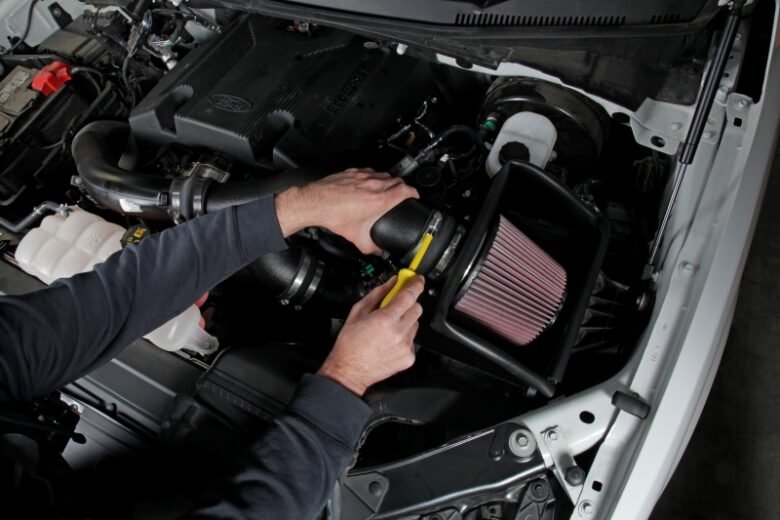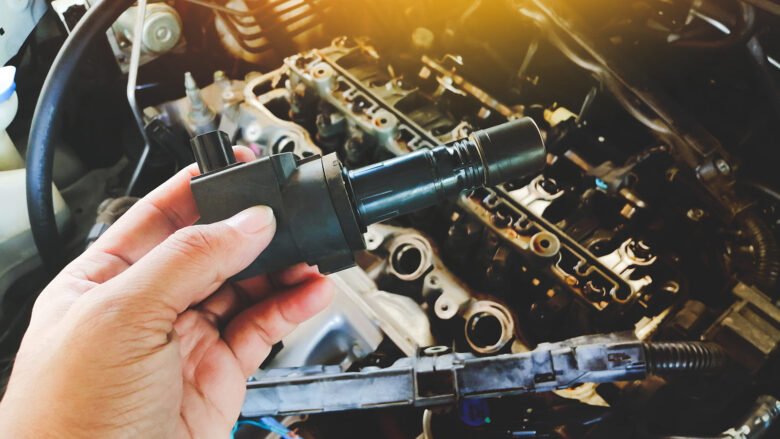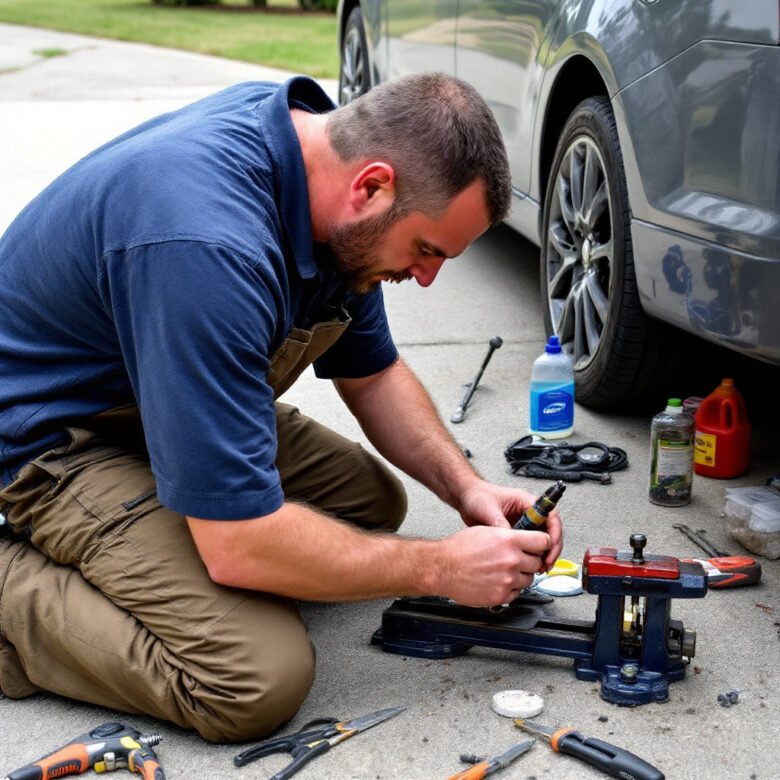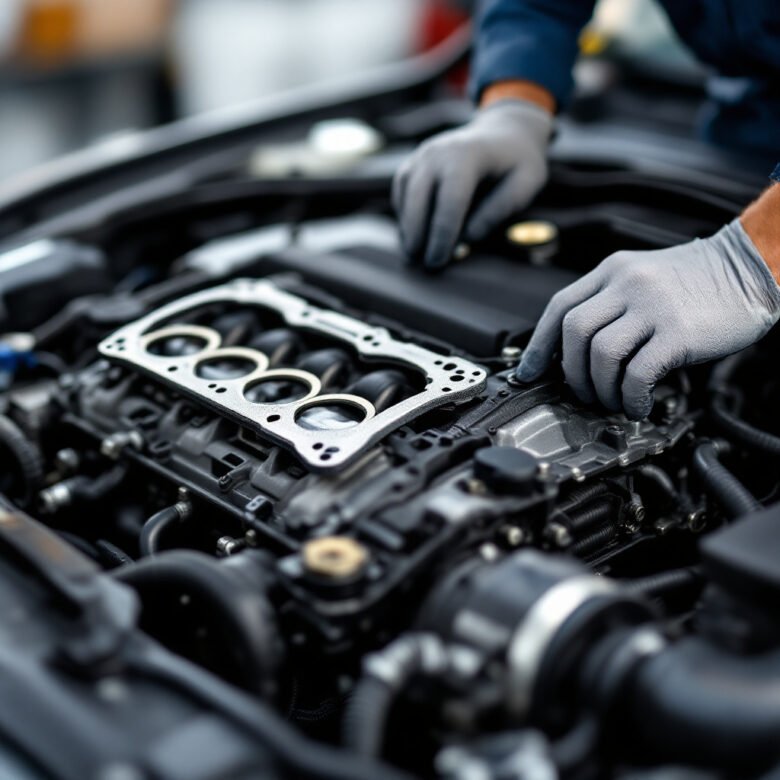Your car’s air intake system plays a pivotal role in ensuring your engine performs at its best. By delivering clean, oxygen-rich air to the combustion chambers, it optimizes fuel burning, boosts efficiency, and can even enhance horsepower—especially with a high-performance upgrade. Whether you’re replacing a worn-out stock intake or installing a sleek aftermarket cold air …
The ignition coil is the unsung hero of your vehicle’s ignition system, transforming the battery’s modest 12 volts into the thousands of volts needed to spark the fuel-air mixture in your engine’s cylinders. When an ignition coil fails, the consequences can range from annoying misfires and rough idling to a complete refusal to start—leaving you …
Your car’s fuel injectors are tiny precision tools that spray fuel into the engine, ensuring it runs smoothly and efficiently. Over time, they can clog with carbon deposits, dirt, and gunk from low-quality gas, leading to rough idling, sluggish acceleration, or even misfires. Cleaning them yourself is a straightforward DIY fix that can restore pep …
Your car’s timing belt might be small, but it’s a powerhouse that keeps your engine ticking perfectly. This rubber belt synchronizes the crankshaft and camshaft, ensuring valves open and close at just the right moment. If it fails, your engine could stop—or worse, destroy itself in a clatter of bent valves and broken pistons. Changing …
A leaking engine gasket might sound like a mechanic’s headache, but with some patience and the right know-how, you can identify and fix it yourself. Gaskets are the unsung heroes sealing gaps between engine parts—like the cylinder head and block—keeping oil, coolant, and exhaust where they belong. When one fails, you might spot leaks, hear …





